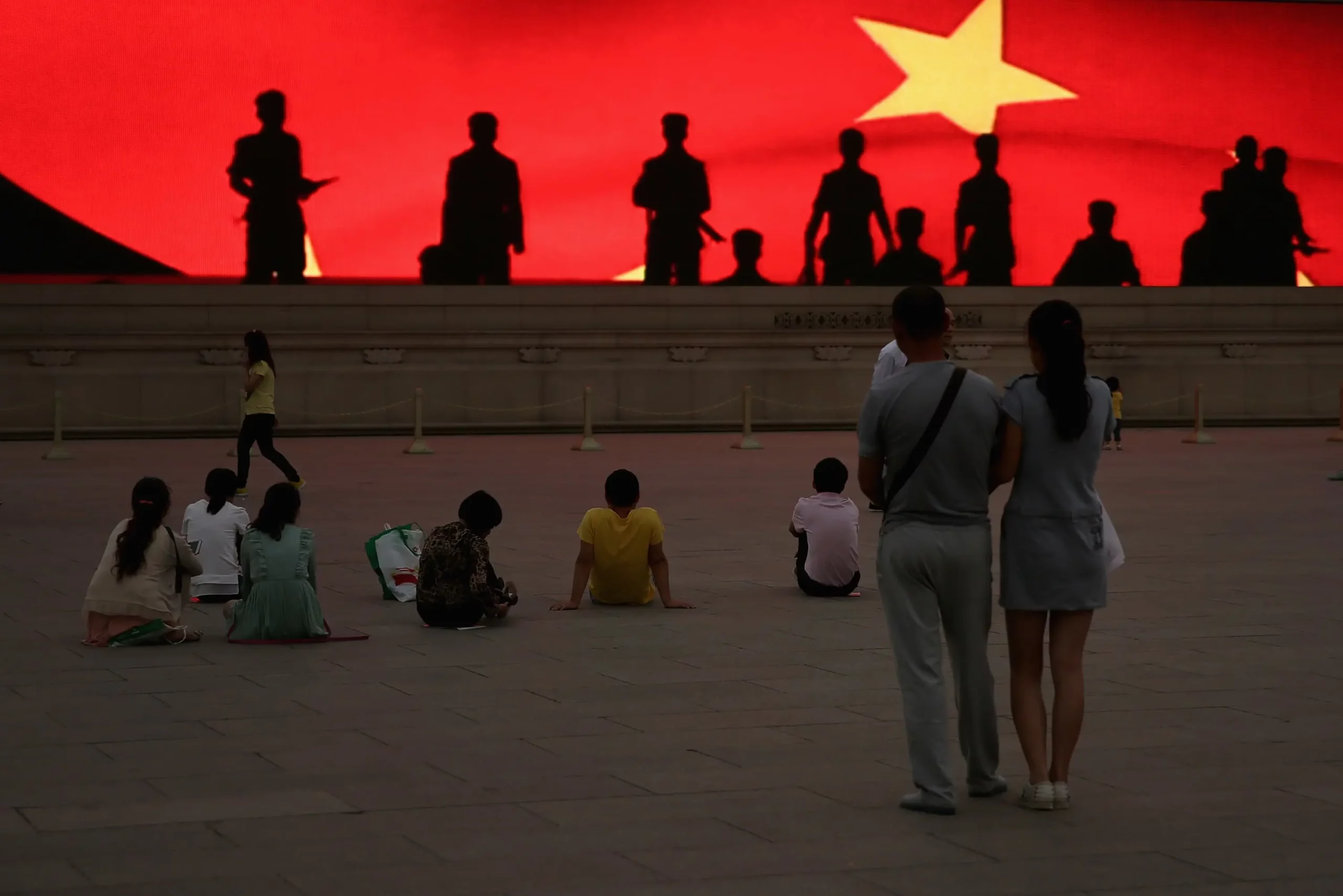Nicaragua’s political landscape faces a dramatic shift as Daniel Ortega moves to cement his family’s control. The 79-year-old leader wants to create a unique “co-presidency” system, clearly designed for him and his wife.
Ortega’s proposal would extend presidential terms from five to six years. More importantly, it creates a dual leadership position requiring one male and one female co-president.
This setup mirrors his current partnership with his wife, Vice President Rosario Murillo. The reform package goes beyond simple term adjustments.
It would give the executive branch direct control over all other government institutions. This means courts, election officials, and local governments would answer to the president’s office.
Ortega has openly declared his intention to make his wife Murillo a co-president. This move would institutionalize their family’s grip on power. The couple already controls the country’s key institutions through their Sandinista party.
 Power Grab in Nicaragua: Ortega’s Plan to Create Dual Presidency with His Wife. (Photo Internet reproduction)
Power Grab in Nicaragua: Ortega’s Plan to Create Dual Presidency with His Wife. (Photo Internet reproduction)Since taking power in 2007, Ortega has changed Nicaragua‘s constitution 12 times. Each change has strengthened his position. His most recent election victory in 2021 came after jailing opposition leaders and banning international observers.
The reforms will likely pass easily. Ortega‘s party holds absolute control of Parliament. The proposal includes protective measures, such as immunity for co-presidents and strict rules blocking potential challengers from running.
This reform would create a unique power structure in Latin America. By formalizing a dual presidency, Ortega aims to ensure his family’s continued control even after he steps down.
The system would make leadership transitions more complex and potentially more restrictive. The changes would reshape Nicaragua’s democracy into a more authoritarian system.
While presented as a modernization of government, the reforms effectively concentrated power in the hands of one family, moving further away from democratic principles.

 By The Rio Times | Created at 2024-11-21 09:44:04 | Updated at 2024-11-21 21:05:17
11 hours ago
By The Rio Times | Created at 2024-11-21 09:44:04 | Updated at 2024-11-21 21:05:17
11 hours ago








